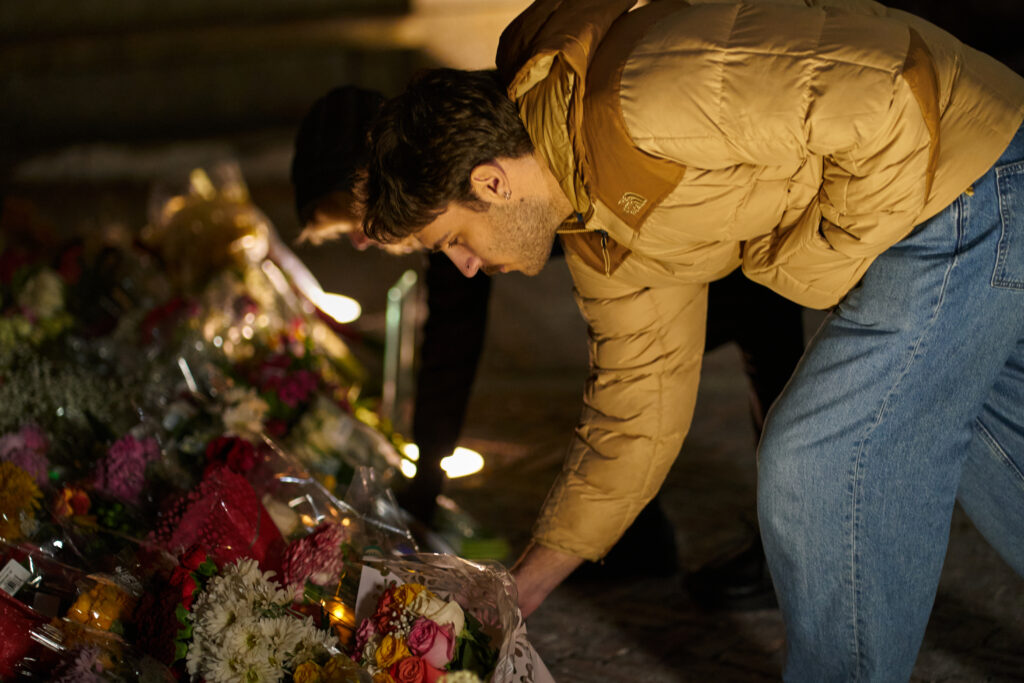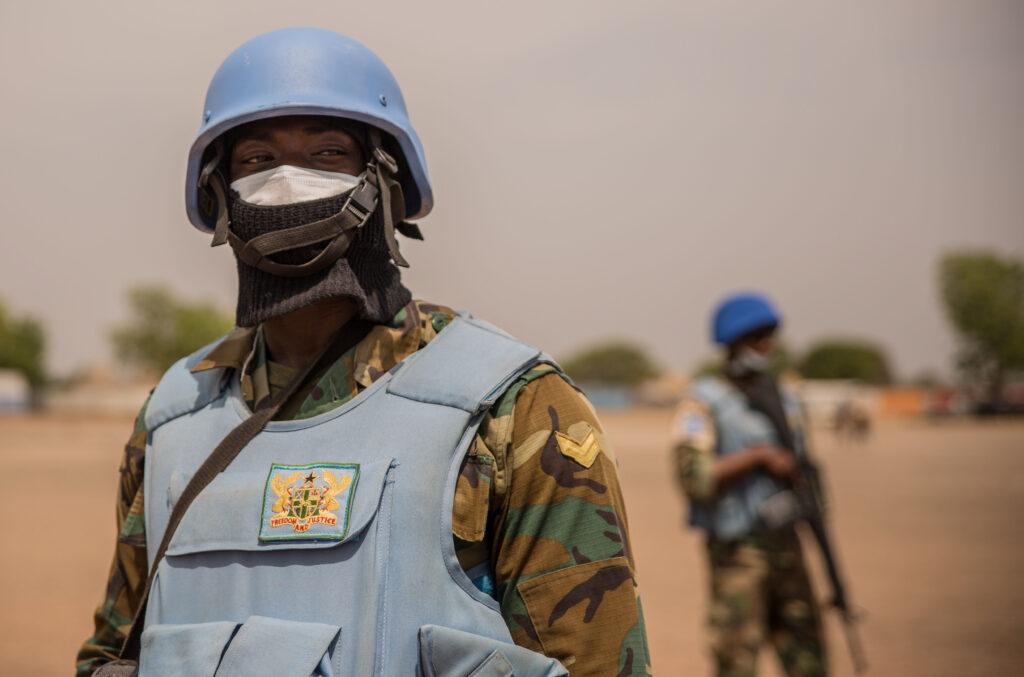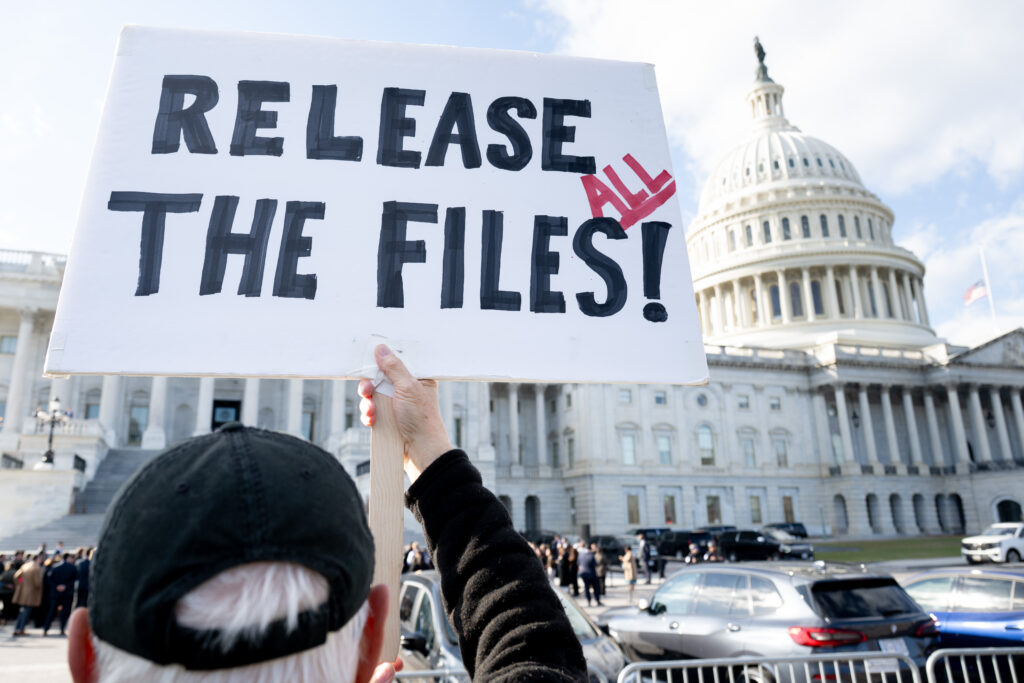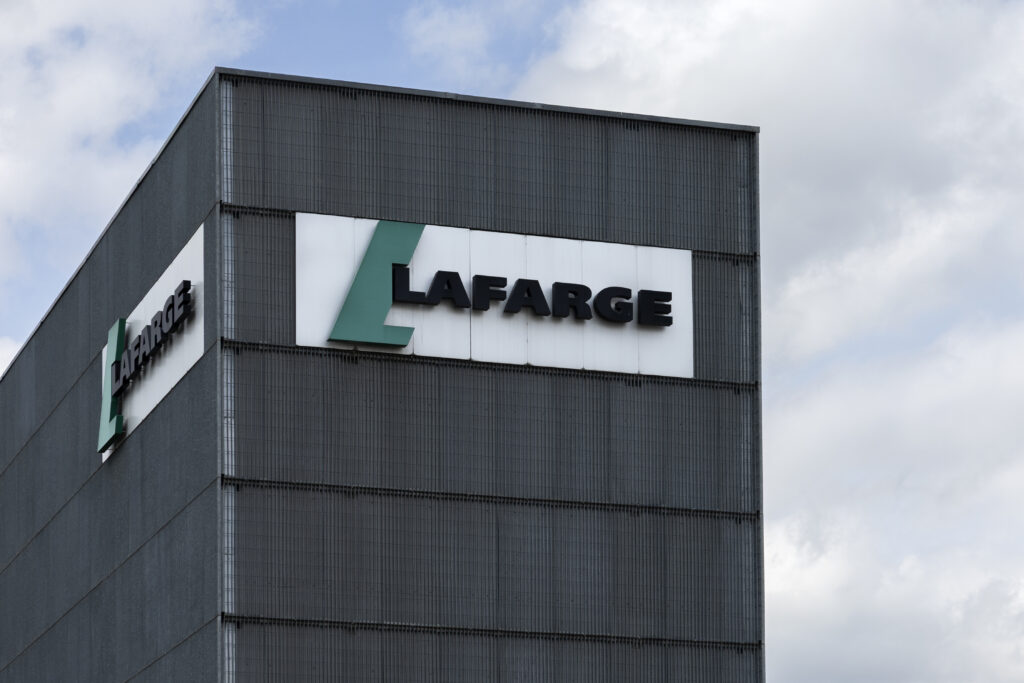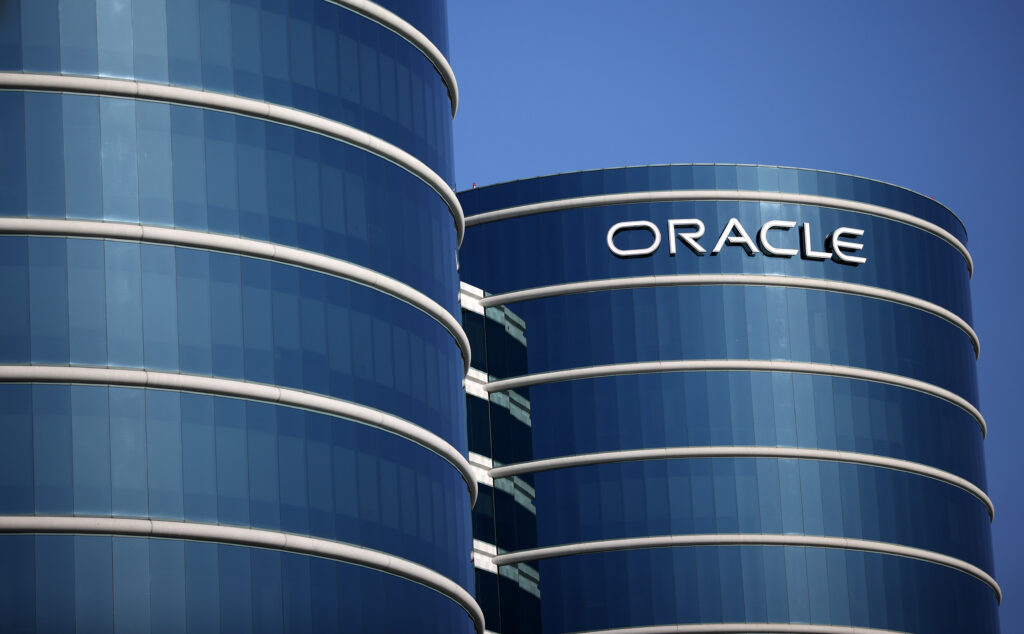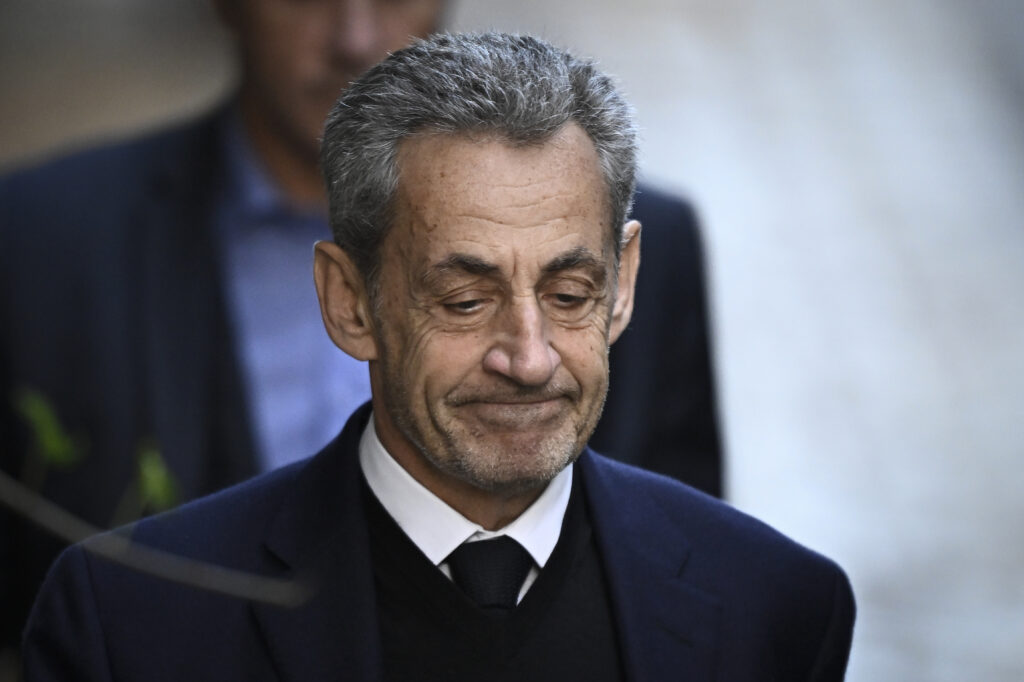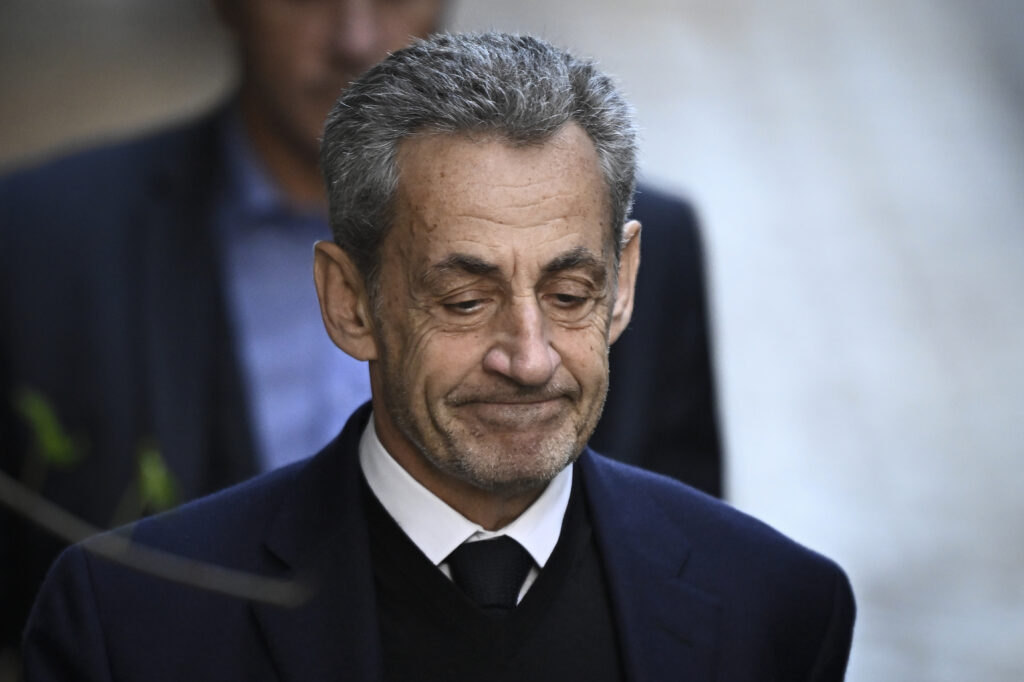Le tribunal correctionnel de Paris rendra le 13 avril son jugement dans le procès de la société Lafarge et de huit anciens responsables, soupçonnés d’avoir payé des groupes jihadistes en Syrie jusqu’en 2014 pour y maintenir l’activité d’une cimenterie, en dépit de la guerre civile qui y faisait rage.Avec Lafarge, avalé en 2015 par le groupe suisse Holcim, ont été jugés pendant cinq semaines pour financement du terrorisme l’ancien PDG du cimentier français Bruno Lafont, cinq ex-responsables de la chaîne opérationnelle ou de la chaîne de sûreté de l’entreprise et deux intermédiaires syriens, dont l’un, central dans le dossier, ne s’est pas présenté au procès. Le groupe et certains prévenus devaient aussi répondre de violation d’embargo.Lafarge est soupçonné d’avoir versé en 2013 et 2014, via sa filiale syrienne Lafarge Cement Syria (LCS), plusieurs millions d’euros à des groupes rebelles jihadistes – dont certains, comme l’EI et Jabhat al-Nosra, ont été classés comme “terroristes” – afin de maintenir l’activité d’une cimenterie à Jalabiya, dans le nord de la Syrie, alors que les autres entreprises étrangères avaient plié bagage. Sur les trois derniers jours du procès, les avocats de la défense ont plaidé la relaxe.Mardi, dans leurs réquisitions, les deux représentantes du parquet national antiterroriste avaient insisté sur l'”extrême gravité des faits” et requis jusqu’à huit ans de prison ferme pour les personnes physiques.En particulier, elles ont réclamé à l’encontre de l’ex-PDG du groupe, Bruno Lafont, qui a réfuté tout au long de la procédure avoir été au courant des versements illicites, six ans d’emprisonnement, 225.000 euros d’amende et une interdiction d’exercer une fonction commerciale ou industrielle ou de gérer une entreprise pendant 10 ans. Selon le Pnat, il était bien informé et a “donné des directives claires” pour maintenir l’activité de l’usine, “un choix purement économique, ahurissant de cynisme”.- “Histoire hors du commun” -Dans ses derniers mots, M. Lafont a répété avoir “dit la vérité” et être “innocent”. “Si j’avais été informé plus tôt (…), j’aurais décidé de fermer l’usine plus tôt et j’aurais pu épargner toutes ces souffrances”, a-t-il déclaré.”Bruno Lafont est le patron, c’est ce grand capitaine d’industrie, et je sais bien que dans l’imaginaire collectif, on préfère que le capitaine coule avec le navire”, a plaidé une de ses conseils, Me Jacqueline Laffont.”Depuis le début, on a cherché à inscrire cette histoire hors du commun dans un schéma des plus communs: une entreprise et son chef qui voudraient tout sacrifier à l’échelle du profit, parce que c’est un schéma rassurant, qui donne sens à ce désastre économique, moral et judiciaire”, a-t-elle déploré.Les avocates de l’ancien directeur général adjoint Christian Herrault et l’ancien directeur de la filiale syrienne Bruno Pescheux, contre qui le parquet a requis cinq ans de prison, se sont employées à démontrer qu’à l’époque des faits, il était bien difficile de s’y retrouver dans le chaos syrien et la multitude de factions armées, dans un contexte où la France n’a eu pendant longtemps qu’une seule obsession, la chute de Bachar al-Assad.”Je défends quelqu’un qui dit +on s’est lourdement trompés+”, a déclaré Me Solange Doumic, conseil de M. Herrault. Mais “il a fait au mieux de ce qu’il savait, de ce qu’il pouvait”, a-t-elle ajouté, appelant à “quitter la simplicité de la caricature”.Contre la société, le ministère public a requis une amende de 1,125 million d’euros et la confiscation de son patrimoine à hauteur de 30 millions d’euros. En 2022, Lafarge, qui avait mené une enquête interne ayant servi de base à l’enquête judiciaire, avait déjà accepté de payer une amende de 778 millions de dollars aux États-Unis dans le cadre d’un accord de plaider-coupable.Selon le Pnat, “Lafarge SA n’aurait pas pris la bonne mesure, aurait fait le choix de l’esquive”, a observé mercredi Christophe Ingrain, un des deux avocats de la société. Or, “toute l’histoire de Lafarge depuis la révélation des faits dans la presse dit le contraire”, a-t-il plaidé, énumérant l'”enquête interne”, le “changement complet de management”, “une refonte totale des règles internes” ou encore l’accord de plaider coupable.


